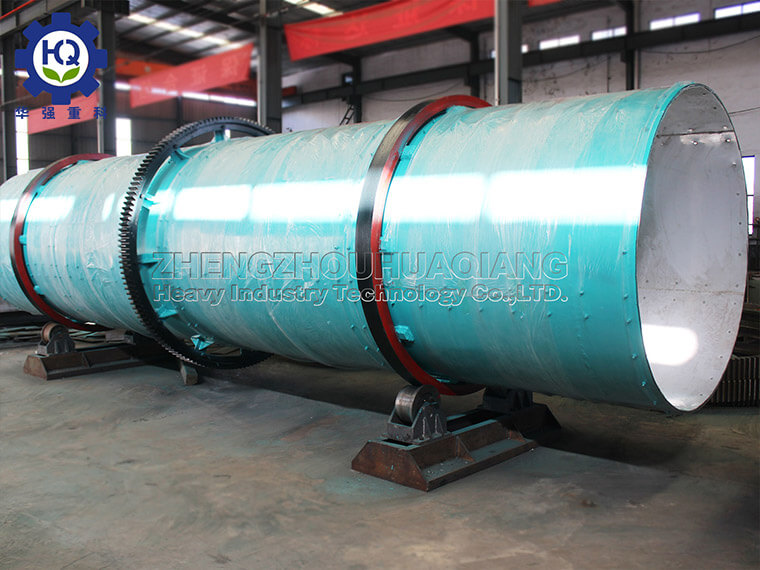Is the cost of processing chicken manure fertilizer on an organic fertilizer production line high?
Chicken manure is a good source of organic fertilizer, which not only contains a lot of organic matter, nitrogen, phosphorus, potassium and other microelements, but also contains a variety of biological enzymes and microorganisms. Through aerobic composting, the organic matter can be degraded, and the parasite eggs and pathogenic microorganisms can be killed to achieve harmless and stable. At the same time, according to the needs of agriculture, compost can be further made into various types of organic fertilizer products through the organic fertilizer production line. This is not only to build a new economic growth point for chicken farms, but also one of the effective means for chicken farms to solve the problem of chicken manure road.
.jpg)
Fresh chicken manure is a kind of slimy and wet material. In order to achieve satisfactory fermentation effect, it is necessary to meet the fermentation conditions including water content, carbon nitrogen ratio, oxygen concentration, particle diameter and pH value, among which the water content and carbon nitrogen ratio of raw materials are the key.
Keeping suitable water content in composting is the first condition for the success of composting. The reasonable water content of compost fermentation is 40% ~ 60%, with 50% ~ 60% as the best value.
Is the production cost of processing chicken manure organic fertilizer large?
For the production cost of processing chicken manure organic fertilizer, in addition to the production site, water and electricity costs, labor costs, etc., the cost of equipment is the main expenditure. Different user needs will result in different product lines and different costs. Granulator is an important equipment for fertilizer production, such as rotary drum granulator, disc granulation machine, flat die pellet mill, organic fertilizer granulator.
What kind of organic fertilizer equipment does small chicken farm need to process organic fertilizer? The main equipment includes compost turner machine, semi wet material crusher, belt conveyor, mixer, fertilizer granulator, rotary dryer, cooler, drum screener, automatic packaging machine for finished products.

.jpg)
.jpg)

.jpg)

.jpg)
.jpg)